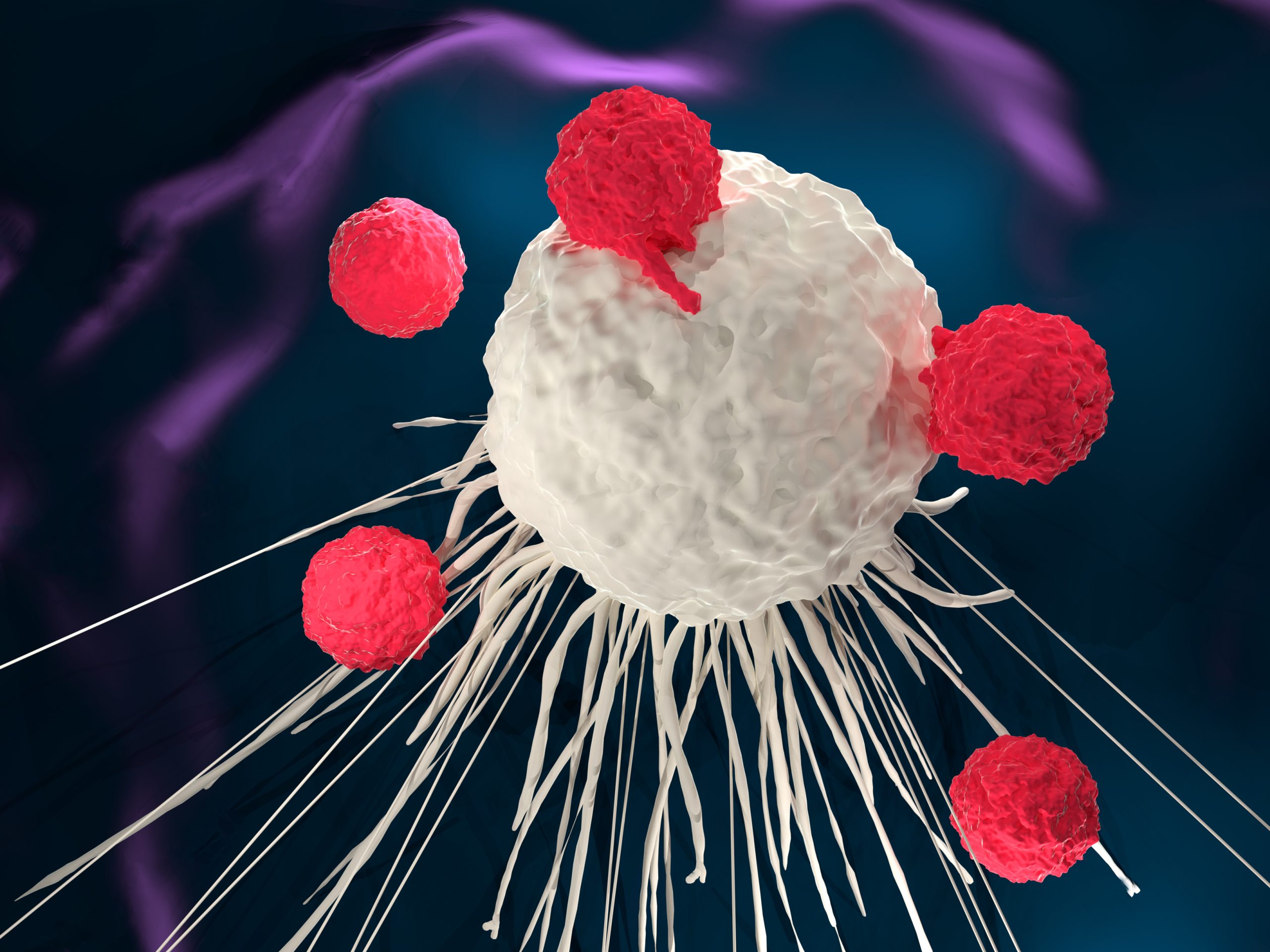
Only a small fraction of patients with multiple myeloma benefit from chimeric antigen receptor (CAR) T-cell therapy, as administration of the treatment remains a “logistical challenge,” according to a recently published Viewpoint.
Samer Al Hadidi, MD, MS, and colleagues from the Winthrop P. Rockefeller Cancer Institute, University of Arkansas for Medical Sciences in Little Rock, detailed some of these challenges and potential solutions in JAMA Oncology.
First, the authors put the initial results of CAR T-cell therapy for multiple myeloma (MM) in perspective, noting that all trials have been nonrandomized, single-arms studies, and only 1% of these have compared CAR T-cell therapy with the standard of care. Additionally, the authors noted selection and reporting bias among the trials. For example, in the CARTITUDE-1 study, only 97 patients received the product of 113 enrolled, and in the KarMMa, study only 128 out of 140 patients received CAR T-cell therapy.
“Exclusion of patients who did not receive CAR T-cell products from analysis inflates outcome results,” they wrote. “The death of few patients prior to receiving the CAR T-cell product may reflect the aggressive nature of MM despite the relatively good performance status.”
Dr. Al Hadidi and colleagues also noted issues related to access and finances.
“At present, demand for new CAR T-cell therapy outstrips manufacturing capabilities with centers only receiving a very limited number of slots to treat patients,” they wrote. “In addition, the target time interval between collection and infusion has now been increased from 28 days to a potential 35 days for the [idecabtagene vicleucel (ide-cel)] product and slots for apheresis are booked 1 month in advance, further delaying patient treatment.”
They also noted that there are no guidelines for patient prioritization and selection.
Cost is also a challenge. The list price for U.S. Food and Drug Administration-approved ide-cel is more than $400,000 and that does not include all the costs incurred by patients, especially if they experience significant toxicity after the treatment.
The authors suggested several possible solutions to these challenges. Approval of additional products for patients with MM could ease the strain on manufacturing capacity. Efforts to decrease the frequency of life-threatening complications of CAR T-cell therapy could result in less costly outpatient administration.
Additionally, ongoing phase III trials comparing CAR T-cell therapy with standard triplet regimens in relapsed or refractory disease could “pave the way” for earlier use of CAR T-cell therapy.
Source: Al Hadidi S, Zangari M, van Rhee F. Chimeric antigen receptor T-cell therapy in multiple myeloma—challenges and potential solutions. JAMA Oncol. 2022. doi:10.1001/jamaonco.2022.0319

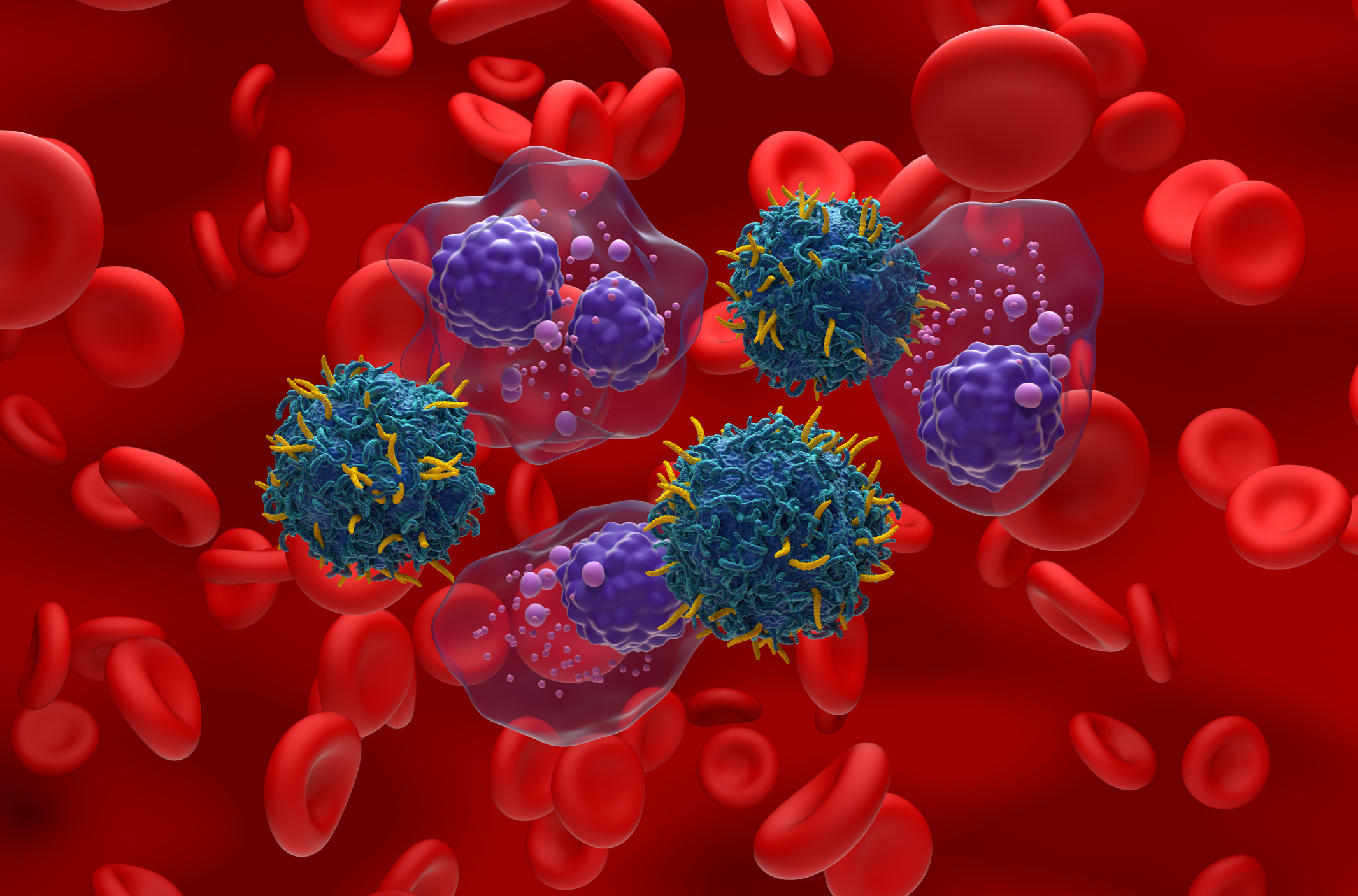
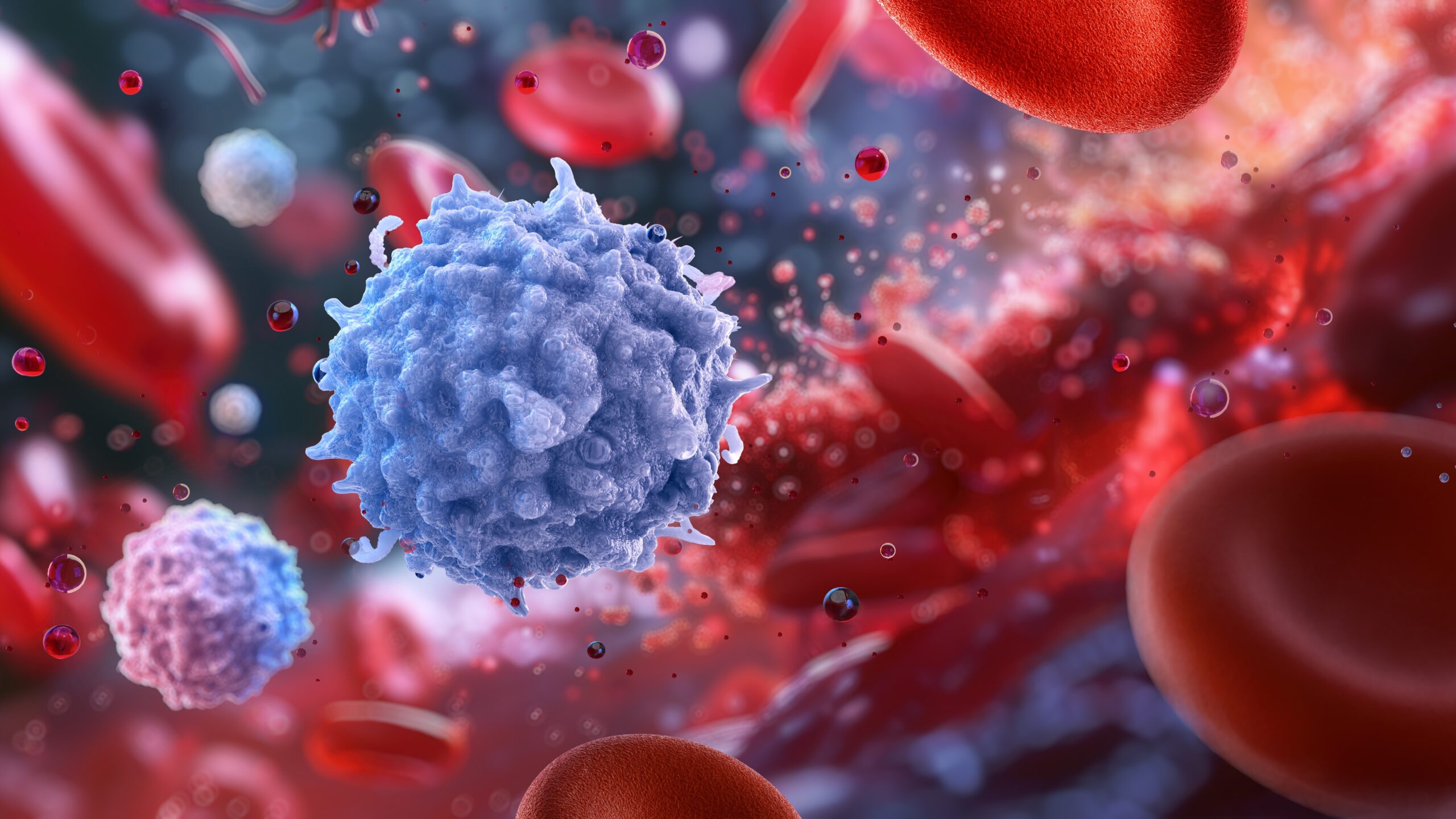
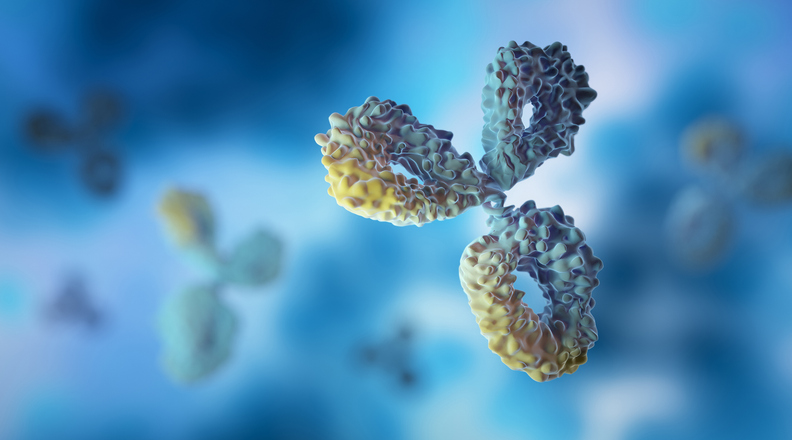

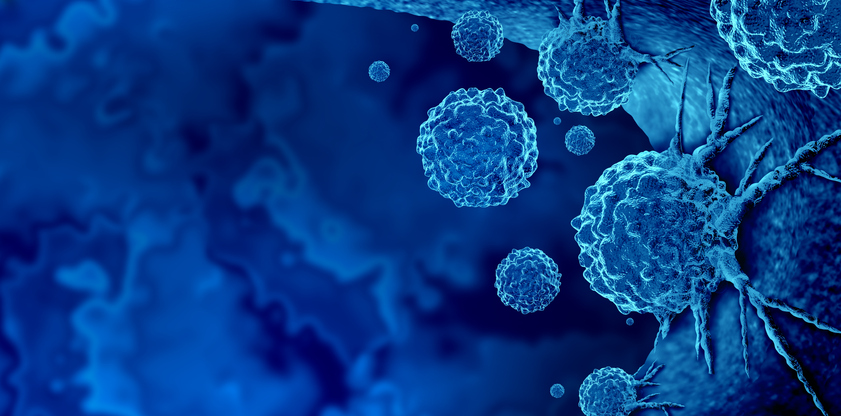
 © 2025 Mashup Media, LLC, a Formedics Property. All Rights Reserved.
© 2025 Mashup Media, LLC, a Formedics Property. All Rights Reserved.